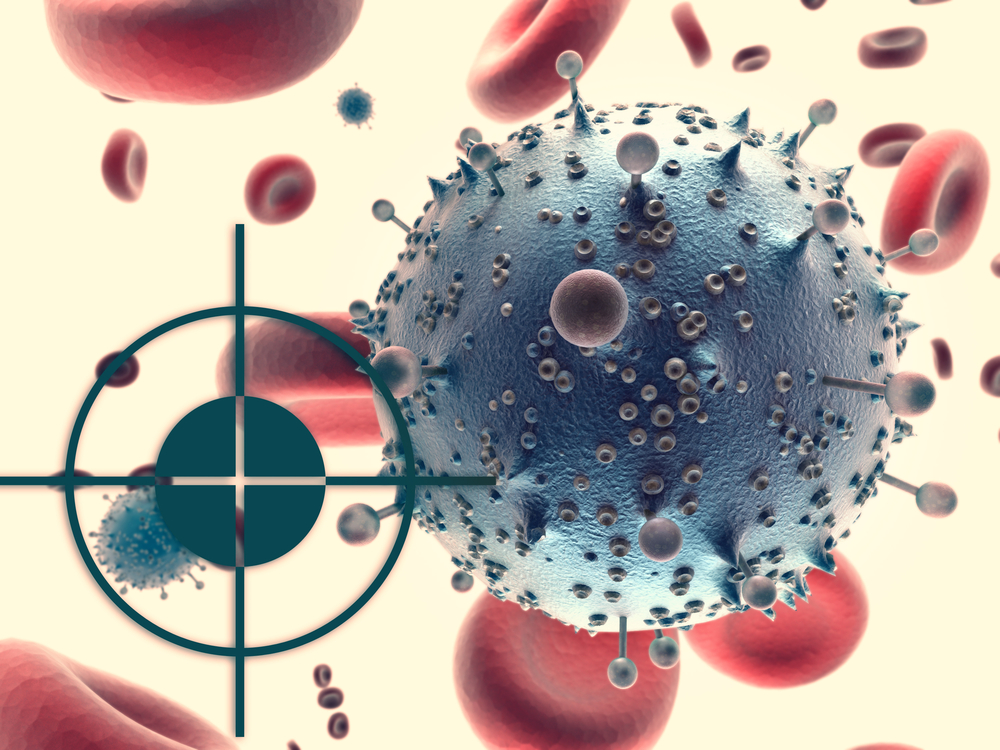Researchers at the University British Columbia may have discovered the main mechanism that cancer cells employ to become invisible to the immune system, a first step in these cells being able to metastasize and spread throughout the body.
The scientists believe that, when cancerous cells evolve — accumulating and increasing in their number of mutations — they stop secreting interleukin-33 (IL-33), a protein used by the immune system to recognize and target a cancerous mass.
The study, “Discovery of a Metastatic Immune Escape Mechanism Initiated by the Loss of Expression of the Tumour Biomarker Interleukin-33,” was published in Scientific Reports.
“The immune system is efficient at identifying and halting the emergence and spread of primary tumors but when metastatic tumors appear, the immune system is no longer able to recognize the cancer cells and stop them,” Wilfred Jefferies, the study’s senior author, a researcher at Michael Smith Laboratories and a professor of Medical Genetics and Microbiology and Immunology at British Columbia, said in a press release.
Metastatic cancers present a management and treatment challenge due to their high degree of genetic, phenotypic, and functional variability. Tailored immunotherapy regimens are often required to address each patient’s unique tumor-expressing antigen signature. These findings shed light on how targeting IL-33 may be helpful to metastatic patients.
Researchers, working with Vancouver Prostate Centre, monitored hundreds of patients with either prostate or kidney cancer, observing that patients whose tumors did not produce IL-33 had more rapid cancer recurrence within a five-year period.
When the researchers added IL-33 back into the metastatic tumors, they helped to reactivate the immune system, resulting in reduced tumor growth and reduced numbers of tumor cells in circulation.
“We discovered a new mechanism that explains how metastatic tumors can outsmart the immune system and we have begun to reverse this process so tumors are revealed to the immune system once again,” said Jefferies.
Their efforts will now focus on studying whether IL-33 measurements are an effective way of monitoring the progression of certain cancers.
“IL-33 could be among the first immune biomarkers for prostate cancer and, in the near future, we are planning to examine this in a larger sample size of patients,” said Iryna Saranchova, a PhD student in the department of microbiology and immunology and the study’s principal author.


